Cross-border workers in Geneva face ‘toxic’ environment

Cross-border workers are tired of being the target of political attacks in Geneva, says the president of a French-Swiss cross-border lobby group, who calls for a change in current rhetoric to prevent future damage to the Swiss economy.
For Michel Charrat, president of the Groupement transfrontalier européenExternal link, disenchantment between Geneva and its cross-border workers may be at its lowest point. The lobby group, which he has headed for 20 years, supports commuters with legal, social and financial advice, as well as help looking for work in the region.
Charrat paints a worrisome picture as the Geneva cantonal elections on April 15External link draw near and parties like the populist Geneva Citizens’ Movement (Mouvement Citoyen GenevoisExternal link) and the conservative right Swiss People’s PartyExternal link take aim at cross-border workers in their campaigns.

swissinfo.ch: The election campaign in Geneva began with renewed attacks on cross-border workers. What’s your view on this development?
Michel Charrat: We’re used to seeing cross-border workers become an issue during elections in Geneva. However, that doesn’t mean we’re happy to see statements knocking us and spreading inaccuracies, especially after we’ve spent two hours in traffic getting to work in the morning, only to find ourselves sitting behind a tram covered with anti-commuter posters. That’s not a very good start to the working day.
swissinfo.ch: Do you feel the climate has deteriorated for cross-border workers in Geneva?
M.C.: Over the years, the environment has not only become more and more toxic, it’s become the norm. I’m seeing a general trend among observers to normalise anti-cross-border rhetoric. But I should point out that it’s mainly the populist parties that launch these kinds of campaigns. Most people in Geneva don’t share these opinions. This normalisation of populist rhetoric is not a Swiss phenomenon, but a global one. We’re seeing this step backwards happening everywhere.
swissinfo.ch: “Stop cross-border workers” and “Geneva First” are two initiatives launched by the populist Geneva Citizens’ Movement (Mouvement Citoyen Genevois) and the conservative right Swiss People’s Party, respectively. These initiatives seek to expand the idea of priority for domestic workers when filling jobs in the private sector. Is this a threat to cross-border workers and their jobs?
M.C.: It is a serious threat, but the Citizens’ Movement and the People’s Party are putting Switzerland at risk. They’re detached from reality – Swiss companies cannot do without cross-border workers. If the 100,000 cross-border commuters in Geneva decided not to show up for work tomorrow, then what business would be able to operate in the city? It would be difficult for hospitals, clinics, transport services and even factories that produce “Swiss Made” products.
There was a time when Switzerland had seasonal workers. But this type of permit doesn’t exist anymore. Unfortunately, commuters have tended to replace seasonal workers in the sense that they’re given short-term contracts.
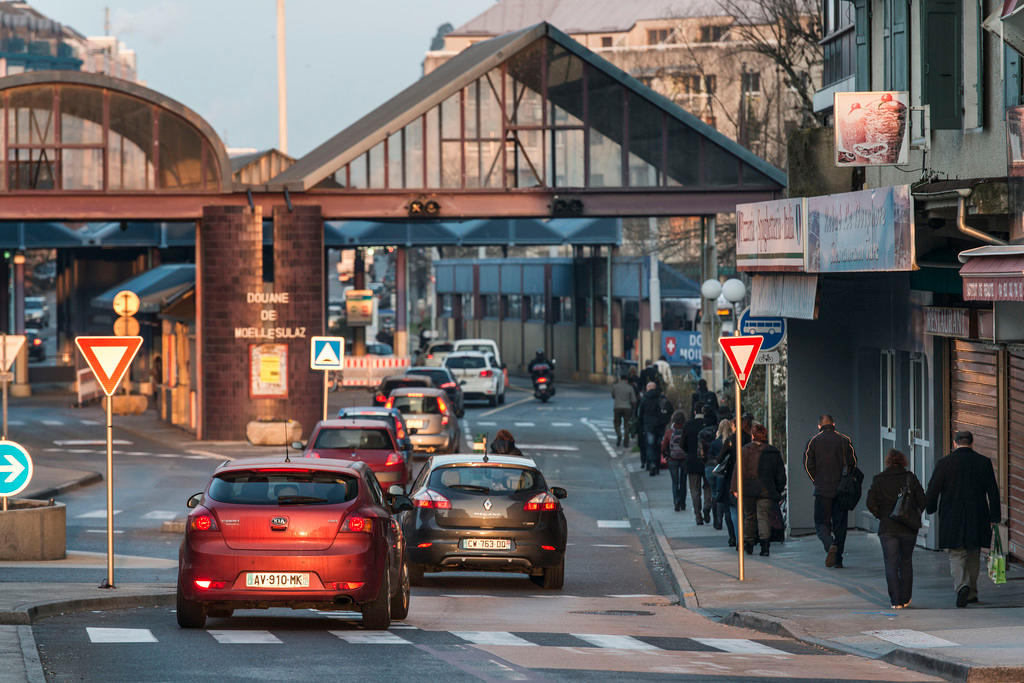
More
Cross-border workers in Geneva face bumpy ride
swissinfo.ch: At the same time, the policy of giving priority to domestic workers as a way to implement the so-called mass immigration initiative will come into force on July 1, 2018. Is this another source of concern for cross-border workers?
M.C.: This system is not compatible with the bilateral accords with the European Union. I could accept it if it was a question of reintegrating unemployed local residents into the job market, but only on the condition that out-of-work commuters were given the same treatment. This policy of giving priority to domestic workers is a barrier to commuters re-entering the Swiss job market.
The only thing that can turn the tide is Switzerland’s economic strength – the private sector must realise that it needs cross-border workers despite the obligations imposed by the system. If Switzerland continues on the path of this new policy, it will encourage businesses to leave. If the country goes too far, it’s the Swiss economy and the whole population that will pay the price.
swissinfo.ch: Soon the children of commuters who live in France will no longer be allowed to enroll in Geneva schools. What does your group think of this decision by the Geneva authorities?
M.C.: I think it’s absolutely scandalous. How can Switzerland turn away its own children? No less than 84% of children who live in France and go to school in Geneva have a Swiss passport. This decision [on enrolment] is unacceptable and will create immediate problems. Each year there are 1,200 new residents to the Haute-Savoie region across the border in France. New construction is exploding and the schools are overwhelmed. Switzerland is handing its problems over to its neighbours.
swissinfo.ch: How can we ease tensions between Switzerland and France on this issue of cross-border commuters?
M.C.: We’re living in a period of crisis bubbling just below the surface that I’ve never experienced before. For things to change, we need the same political will on both sides of the border, but also the current climate must change. If we want to see greater social cohesion in this country, then the different sides must come together instead of growing apart. But unfortunately, some parties are doing everything they can to divide us. That’s where the danger lies.
An election campaign fed by anti-commuter sentiment?
Political scientist Pascal SciariniExternal link is not convinced cross-border workers will be a decisive issue in the cantonal elections on April 15.
“I don’t have the impression this subject is as dominant as it’s been in the past,” says Sciarini, who teaches at the University of Geneva. Cross-border workers remain a primary concern for the populist Geneva Citizens’ Movement. But the issue is only secondary for the other parties, including ‘Genève en marche’, a dissident offshoot of the Citizens’ Movement, launched by the movement’s founder, Eric Stauffer.
“Indeed, this new party must distinguish itself if it wants to win votes and not play into the hands of the Citizens’ Movement,” Sciarini says.
The professor believes the subject of commuters has declined in importance for voters, given that a member of the Citizens’ Movement, Mauro Poggia, joined the cantonal government four years ago. Poggia was responsible for introducing the policy of prioritising domestic workers when filling cantonal public and state-funded jobs.
Sciarini adds: “Voters on the populist spectrum have three political options to choose from. But these three run the risk of cancelling each other out, since their electoral base makes up 30% of voters at the most. There’s little room to advance. So one of these groups could very well end up with no seats in parliament after these elections.”
Frédéric Burnand, Geneva
Translated from French by Geraldine Wong Sak Hoi

In compliance with the JTI standards
More: SWI swissinfo.ch certified by the Journalism Trust Initiative

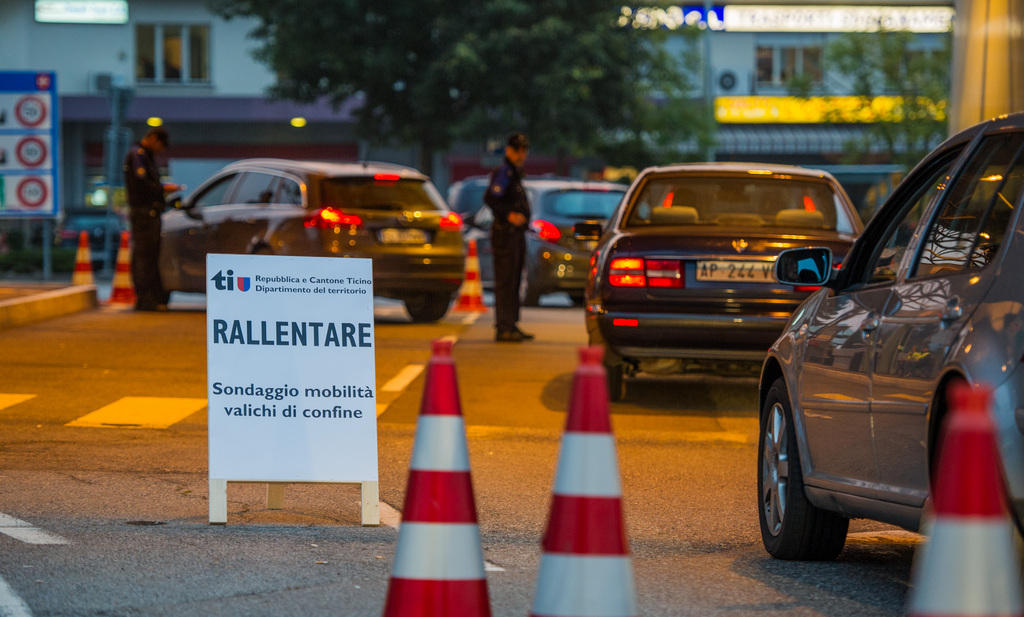
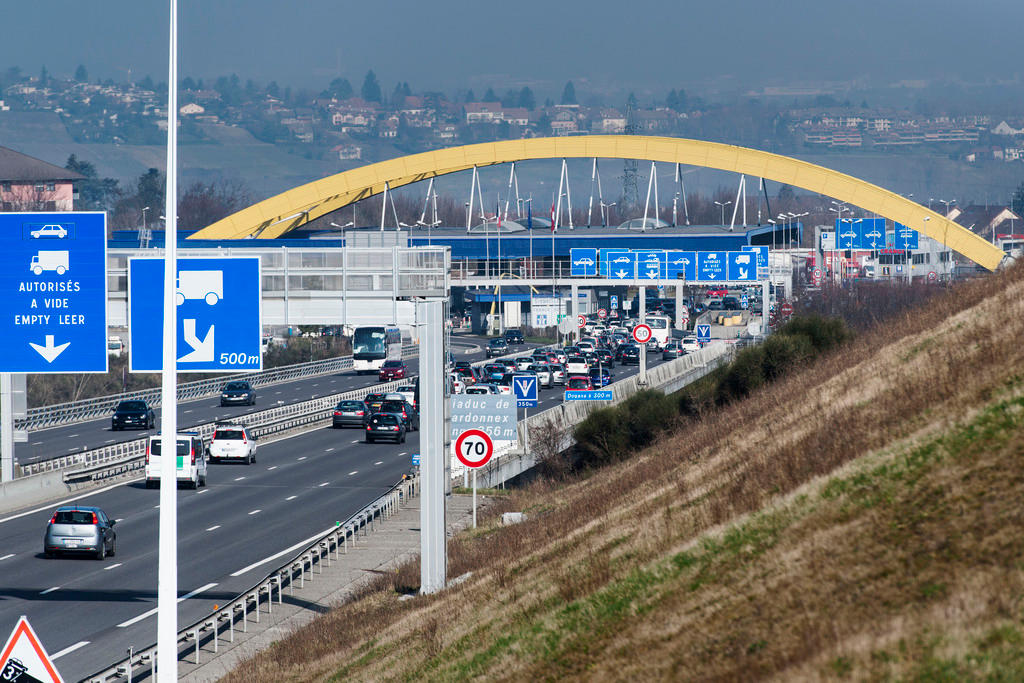
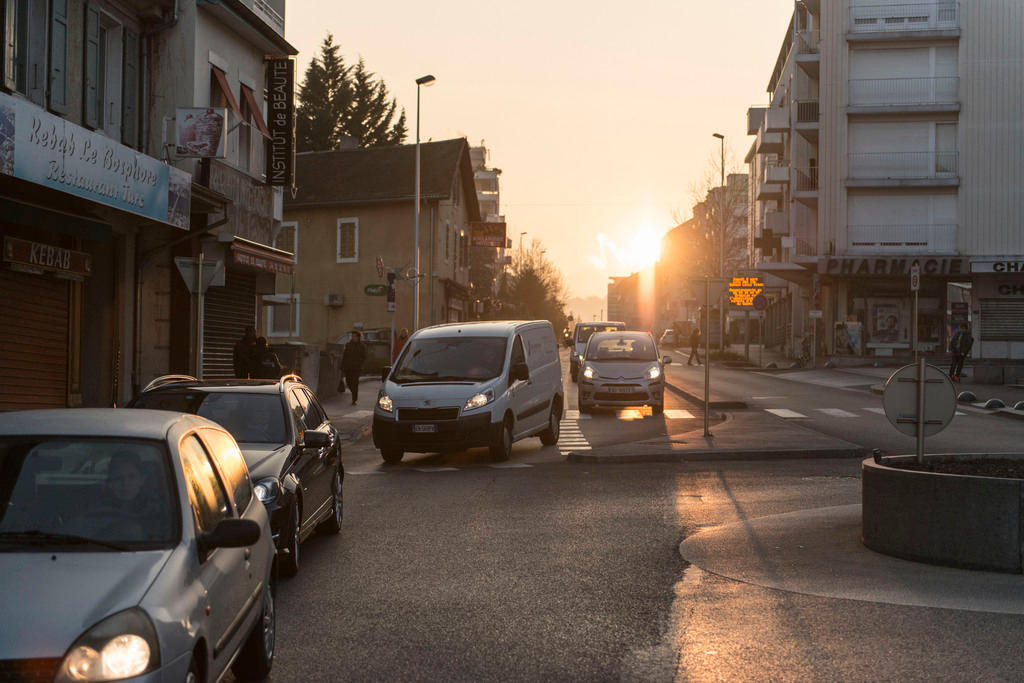

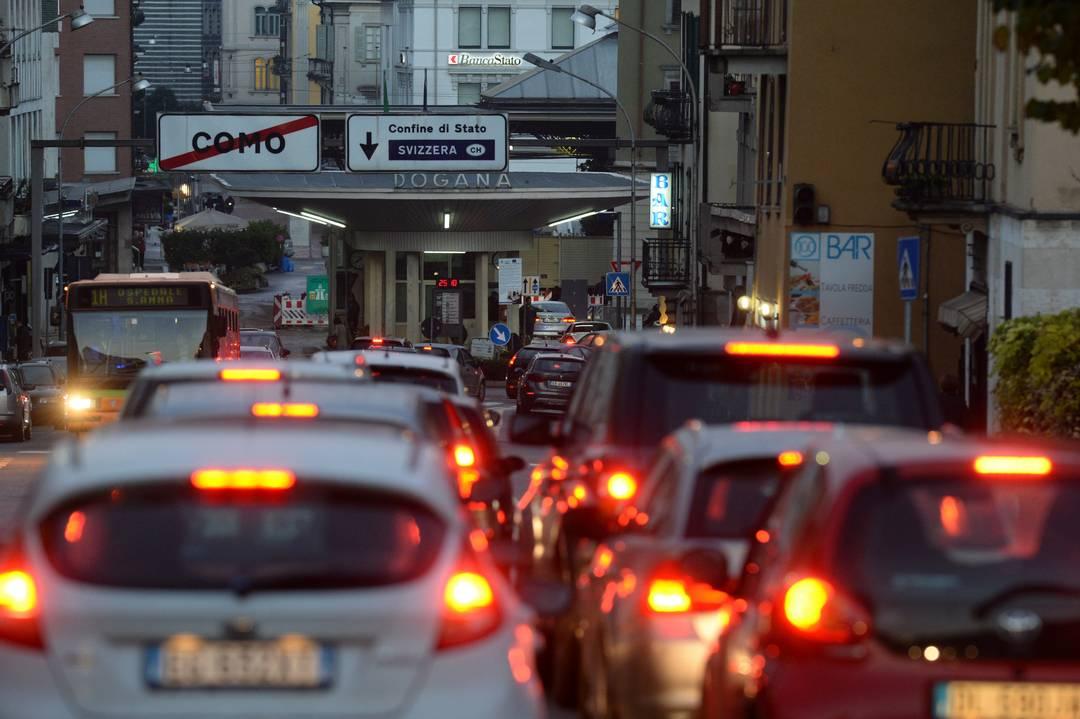
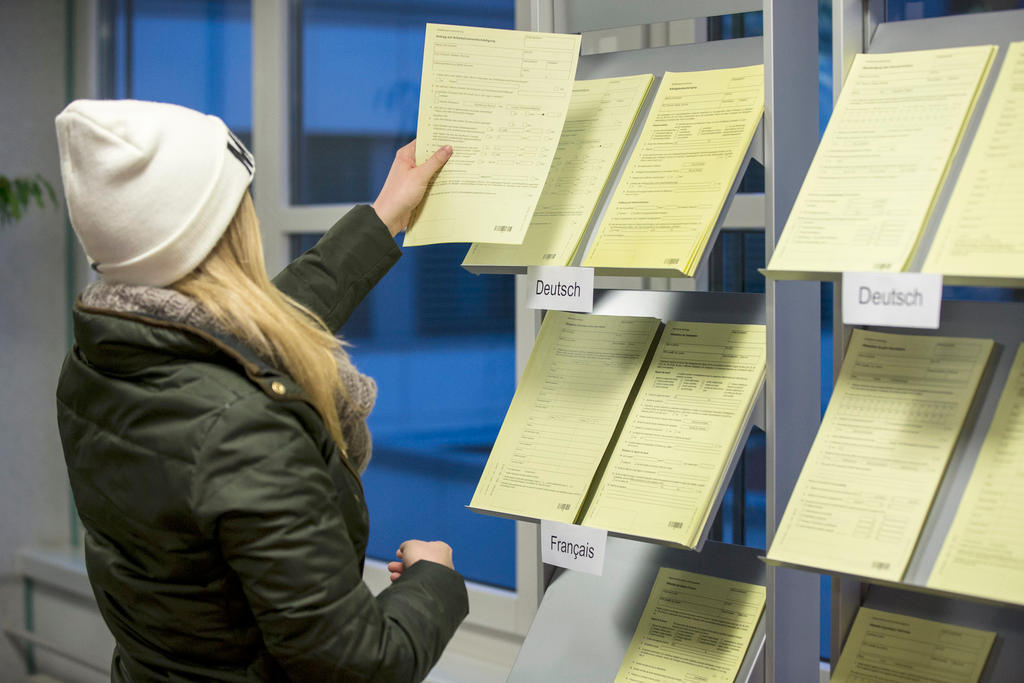
You can find an overview of ongoing debates with our journalists here. Please join us!
If you want to start a conversation about a topic raised in this article or want to report factual errors, email us at english@swissinfo.ch.